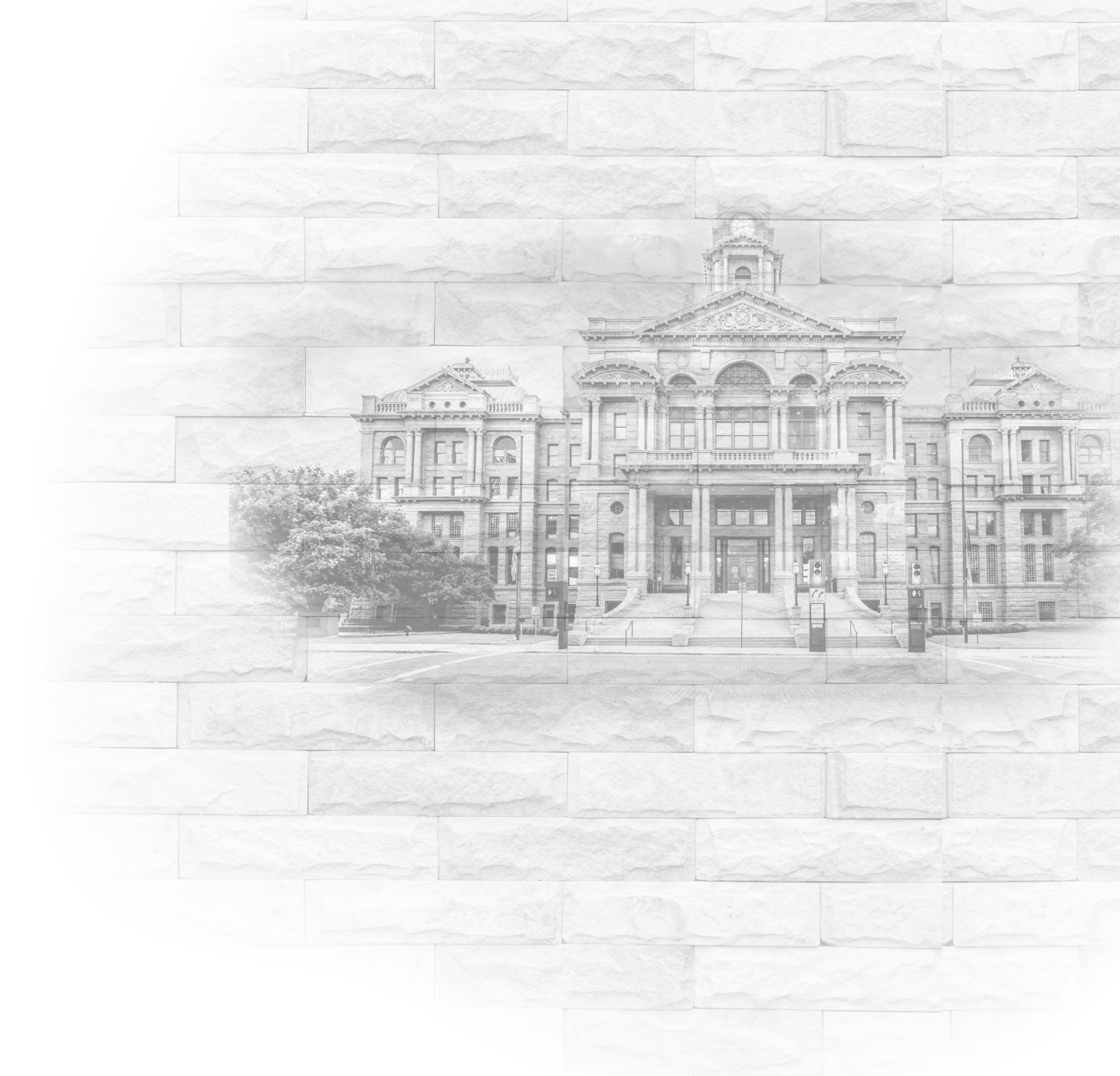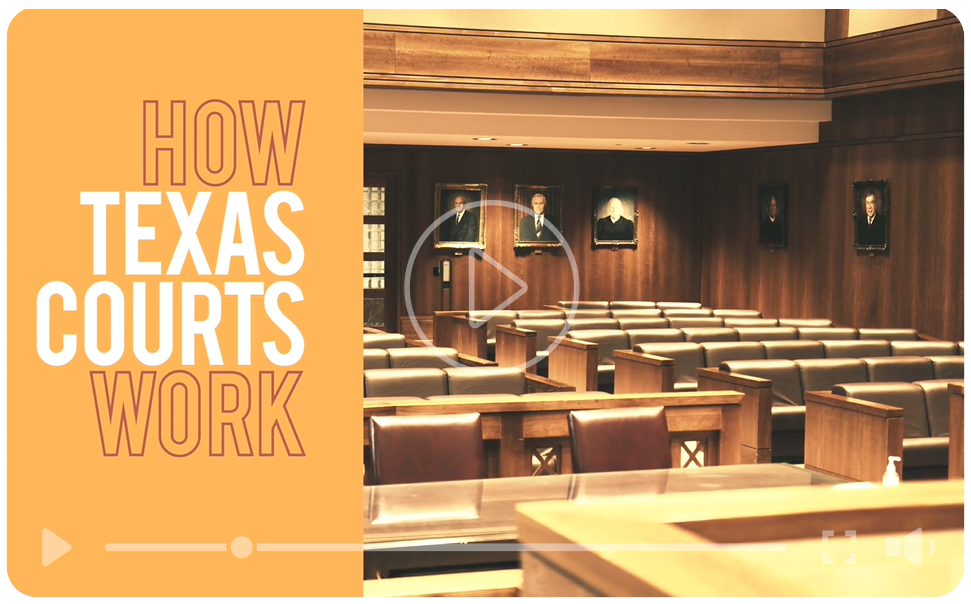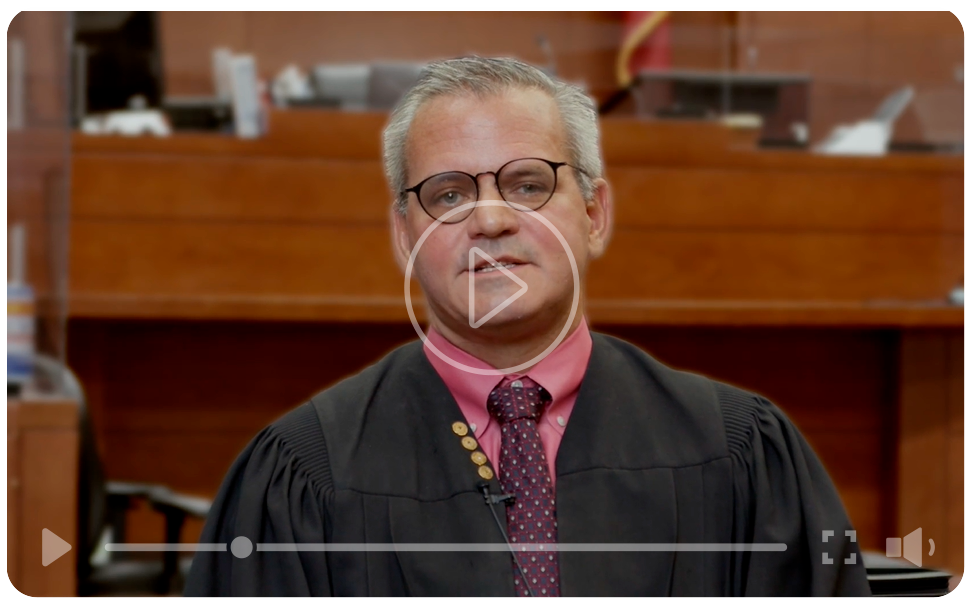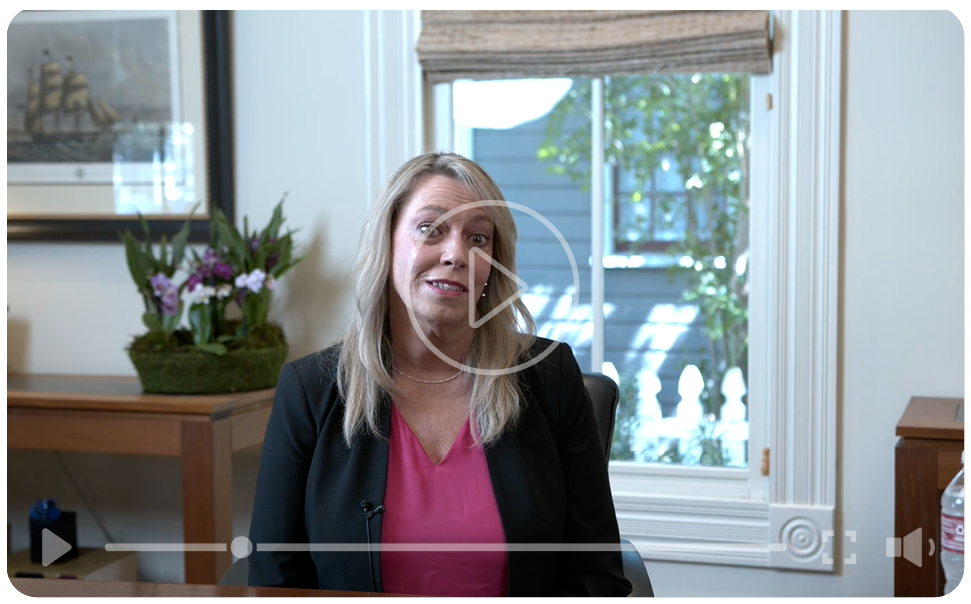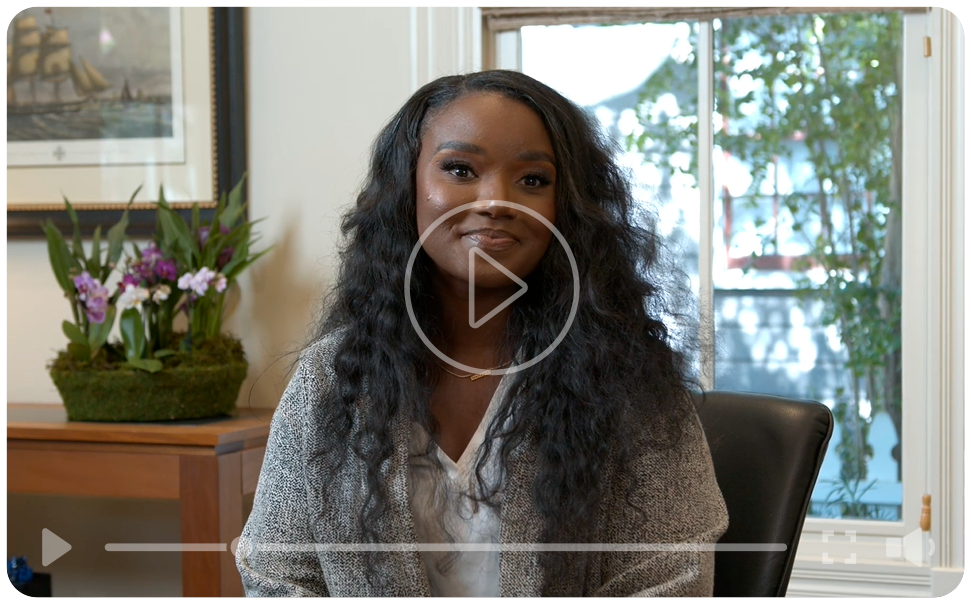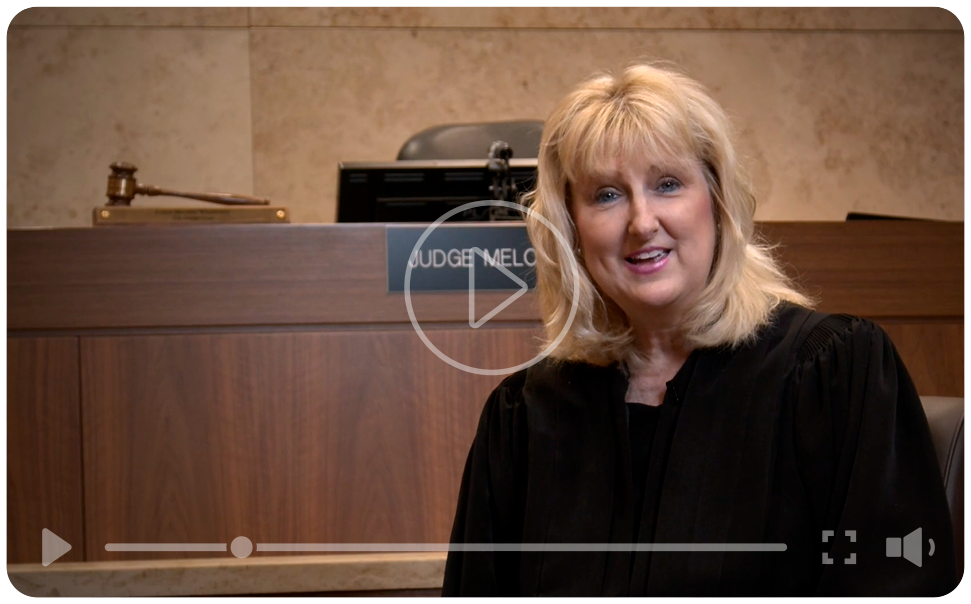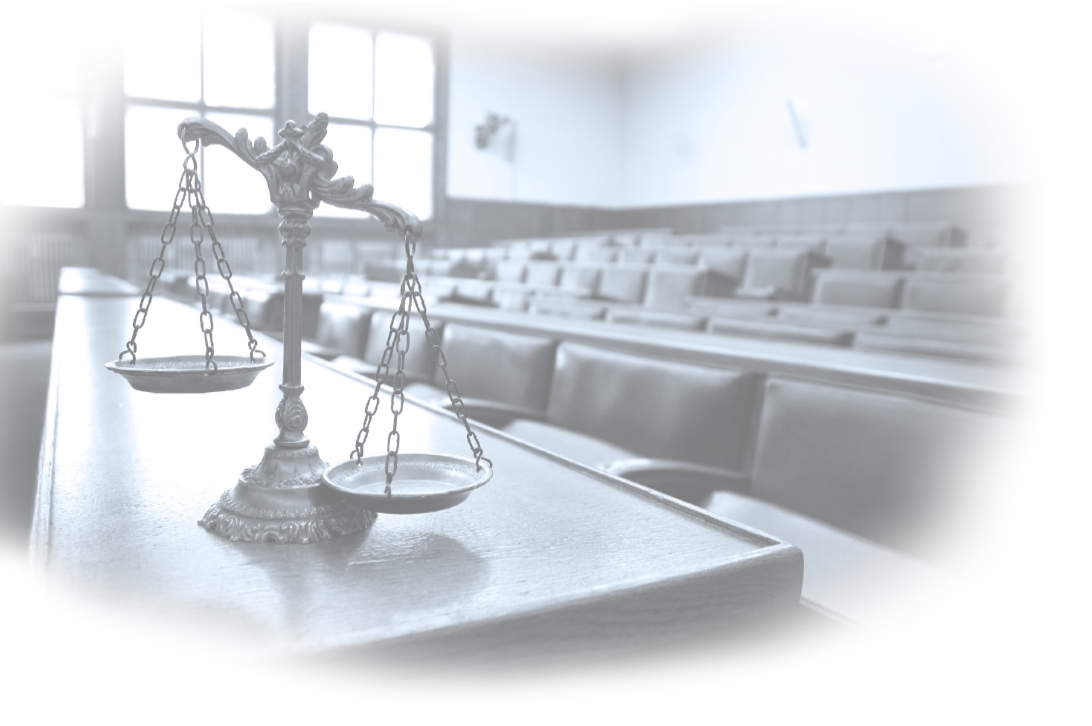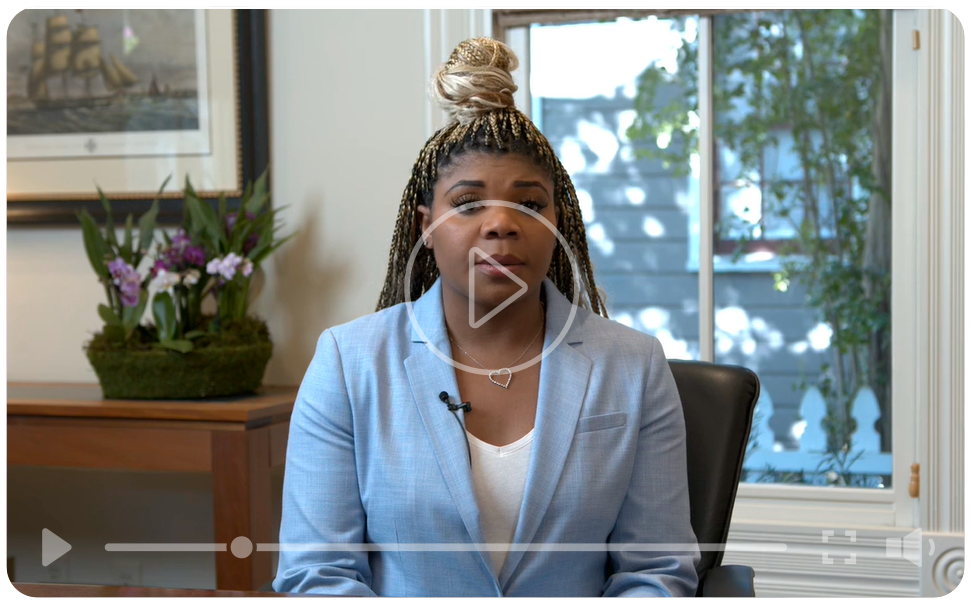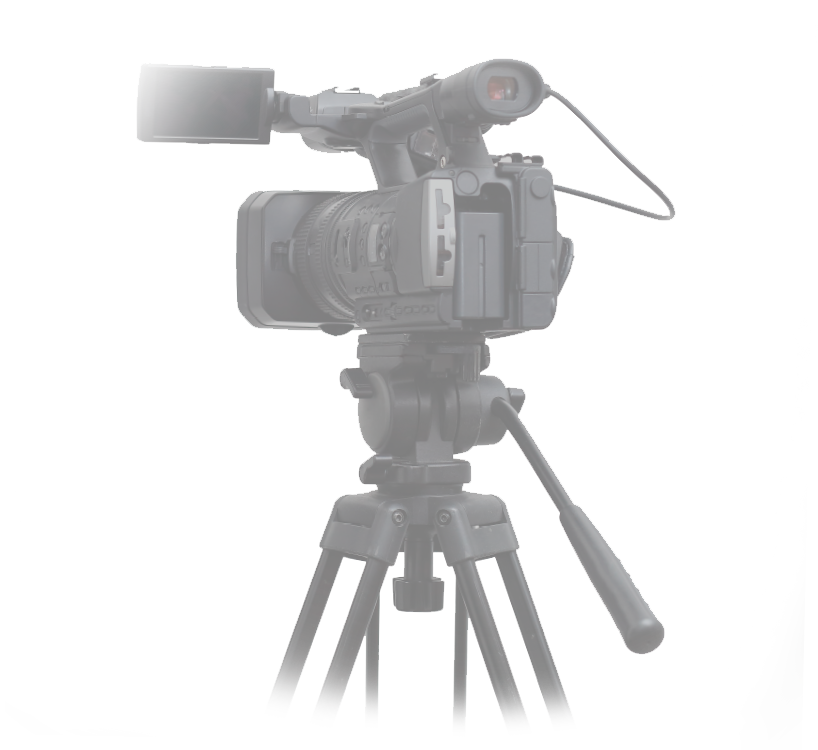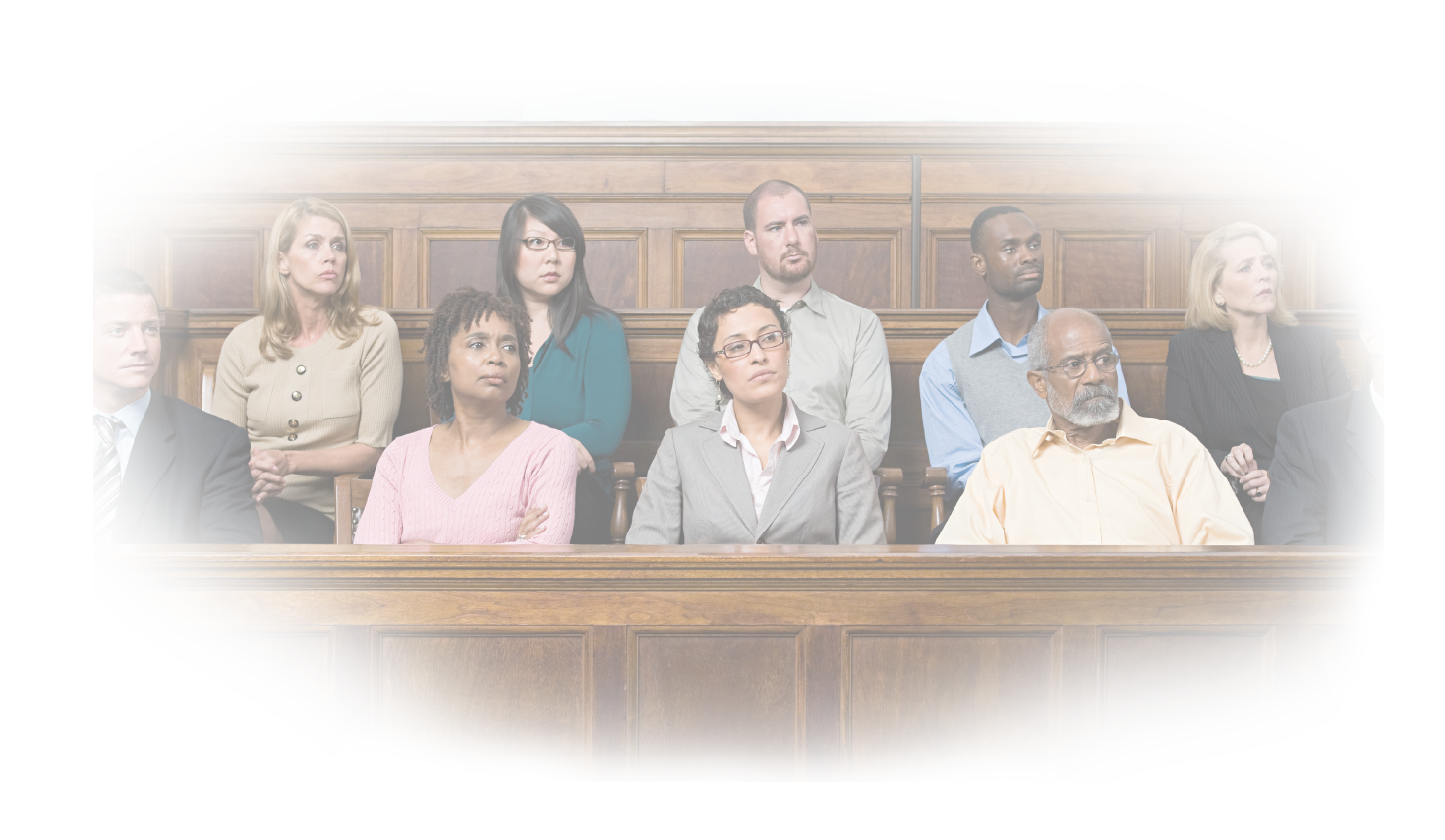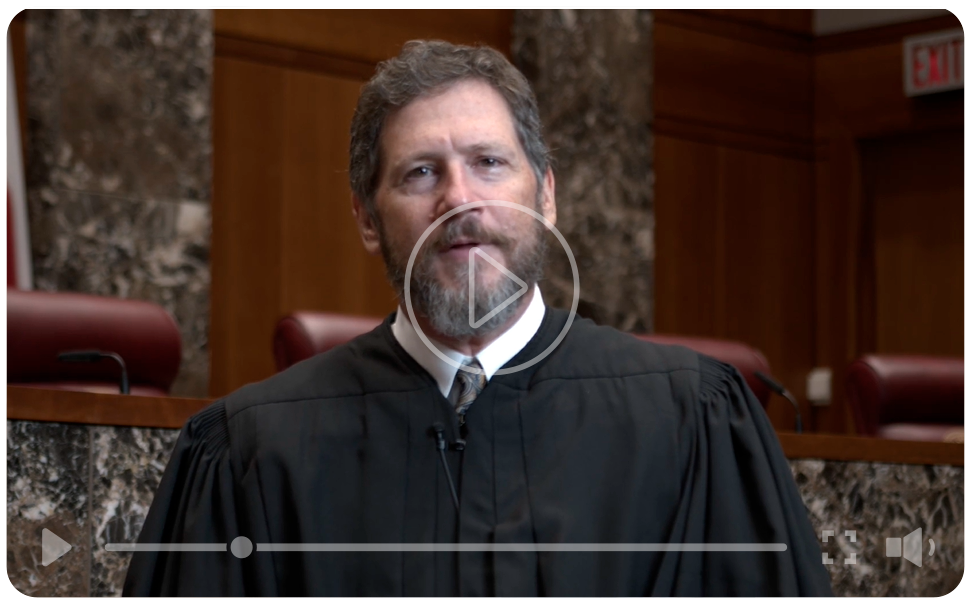The United States Constitution and the Texas Constitution guarantee all people, regardless of race, religion, sex, national origin, or economic status, the right to trial by an impartial jury. Our system of justice, both civil and criminal, is founded on the idea that people whose rights are at stake should be able to present their case to a jury of their peers. The right to a jury trial is fundamental to safeguarding each American’s civil liberties and administering justice.
Jury service is a privilege that offers the average citizen an unequaled opportunity to influence and deliberate over fundamental matters of justice. The jury system has proven to be the fairest method for resolving civil disputes, and for determining guilt or innocence in criminal cases. By performing this important civic duty, jurors help ensure fairness and excellence in the administration of justice by federal and state courts.
